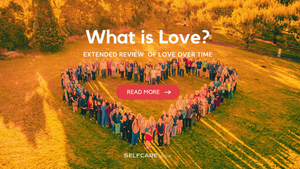We find it hard to measure emotion, so just feel it... feel it all. Most importantly, enjoy it when you find it, feel it, give it, and receive it. It's the highest vibe and energy we know of 'consciously'. However, we all know that the mind has no place in the dealings of the heart.
After 8 years of running a "marathon" writing this book and building this platform. I was called to take a journey with plant medicine "Aya". I will share more on this journey one day, but the overarching message was this. "Love is the answer to everything", It's a vibe, a frequency, and ultimately a choice, made over and over again. On this journey, I reflected on my life, my parents, my partners, my connections, and the world at large. Every question I asked (even the questions we are all too scared to communicate), the medicine showed me every experience from a different perspective.
A controlling and fearful parent was simply a mother who had unconditional love, that was in a constant state of stress, doing her best to provide safety for her children, without the ability to self-regulate under those conditions. This mother simply needed the love and support she gave so freely but was unwilling to receive. Love was the answer.
An absent father, who suffered from addictions, was simply a man who believed what his proximity of wounded souls projected onto him. Without a fortified sense of self-love and worth, he believed their projections, and these beliefs changed his biology, through his actions and patterns of behavior. Where he sought to numb the pain and distract himself, rather than to face and feel, the feels. I imagined what his life would have been like if one soul had come into his life to remind him that feelings were neither negative nor positive. They were simply feelings. An energy that needed to felt felt, shared, moved, and expressed. Not suppressed or avoided. He simply needed a loving, supportive community and environment to help him break free of the cage created in his mind. What he resisted feeling deep down, manifested in an external reality that reflected the way he felt about himself deep down.
What would happen if we all loved fully? Loving every aspect of ourselves, even the "imperfections", the perceived "failures" and "mistakes". How would the love that we have within, shift the external reality we are creating? Would conflict dissolve? would abundance be present everywhere? Would we have a more positive outlook and attitude on life? How would we treat others? How would we treat ourselves?
This blog isn't the answer to love, it's just a review of the meaning we have tried to give love over the centuries. The truth is that the mind has no place in the dealings of the heart and soul's intuition.
"the HEART has reasons, for which the MIND will never KNOW. The heart and soul only know love, thus if it's not love in action and embodiment, not just thoughts and feelings. Then it's likely that our idea of love is simply a learned behavior, lead by fear in our mind"
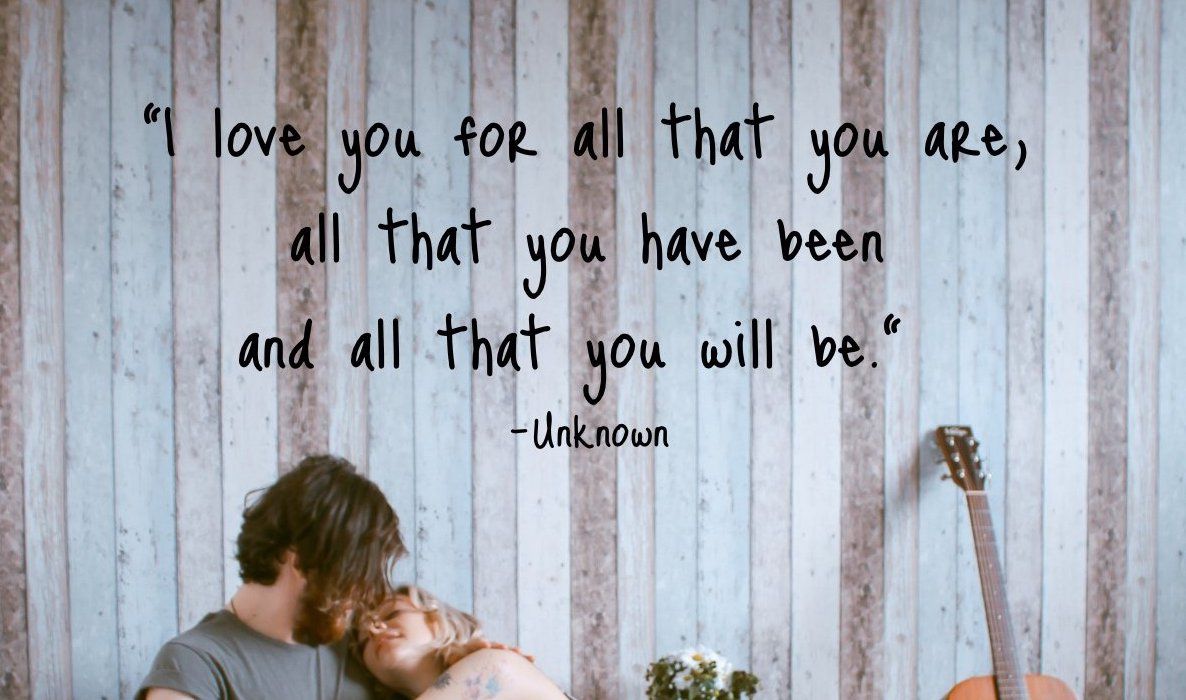
What Are the 5 Love Languages?
Gary Chapman, Ph.D.—author, speaker, and counselor—has a passion for people, and for helping them form lasting relationships. He wrote the 5 love languages book as a simple framework to promote love in every connection. By making it personalized to each of us. He understands that we all grew up with different experiences of love. We learned what love is by how we were given it and even in the absence of it. Some people love quality time, other love you taking things off their busy plate with small acts of service. Each action can ignite emotion in yourself and the other. The emotion is love.
The premise of The 5 Love Languages is quite simple:
Different people with different personalities give and receive love in different ways.
By learning to recognize these preferences in yourself and in your loved ones, you can learn to identify the root of your conflicts, connect more profoundly, and truly begin to grow closer.
ONE CORE MESSAGE
It’s never too late to start loving better. How we love externally is a reflection of the love we hold for ourselves. (take the quiz below)
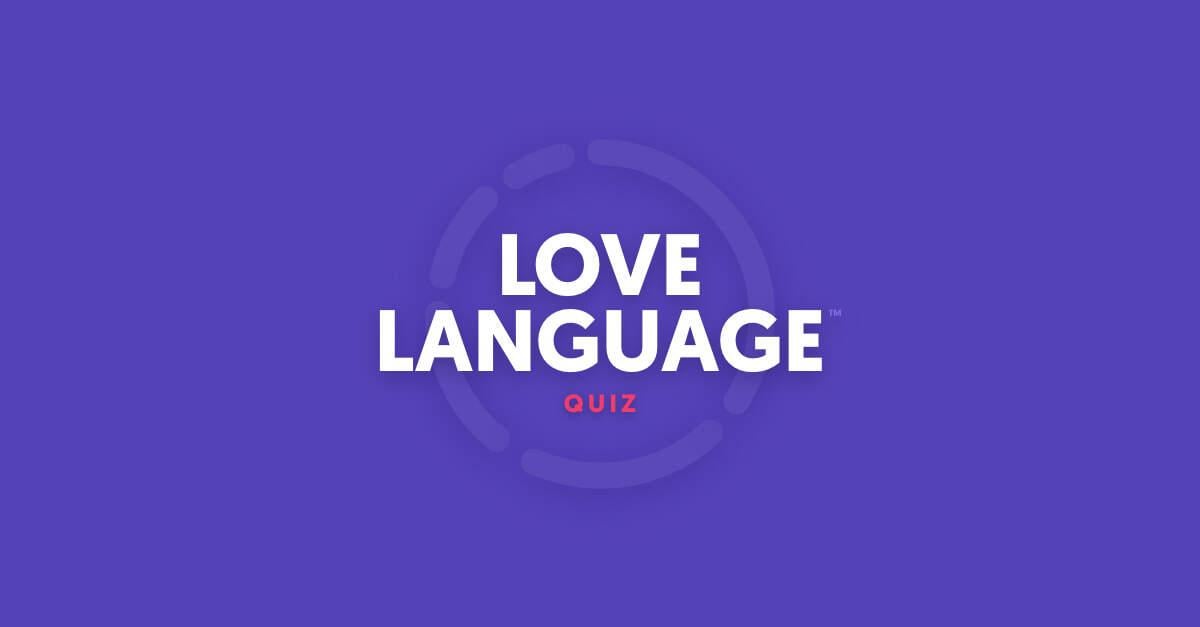
What Is Love?
Love is a set of emotions and behaviors characterized by intimacy, passion, and commitment.
It involves care, closeness, protectiveness, attraction, affection, and trust. Love can vary in intensity and can change over time.
It is associated with a range of positive emotions, including happiness, excitement, life satisfaction, and euphoria, but it can also result in negative emotions such as jealousy and stress.
When it comes to love, some people would say it is one of the most important human emotions.
Despite LOVE being one of the most studied behaviors, it is still the least understood.
For example, researchers debate whether love is a biological or cultural phenomenon.
Love is most likely influenced by both biological drives and cultural influences. While hormones and biology are important, the way we express and experience love is also influenced by our personal conceptions of love. 5 Ways That Theories of Psychology Explain Love
It started with 6 basic emotions
Science would suggest that are 6 basic human emotions. However, we all feeeel a full spectrum of emotions every day. Many that could not be classified or measured.
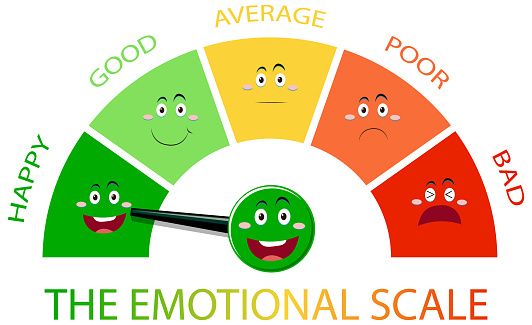
Then we considered that we had 14
As early as the 4th century B.C., Aristotle attempted to identify the exact number of core emotions in humans. Described as Aristotle's List of Emotion, the philosopher proposed
14 distinct emotional expressions: fear, confidence, anger, friendship, calm, enmity, shame, shamelessness, pity, kindness, envy, indignation, emulation, and contempt.
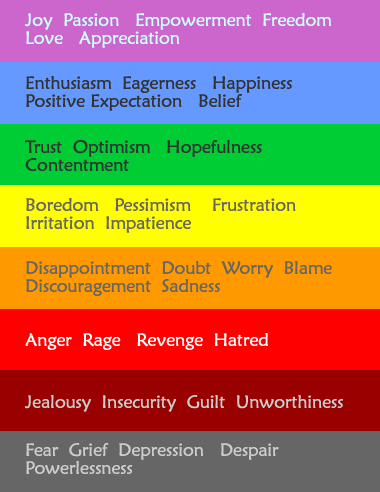
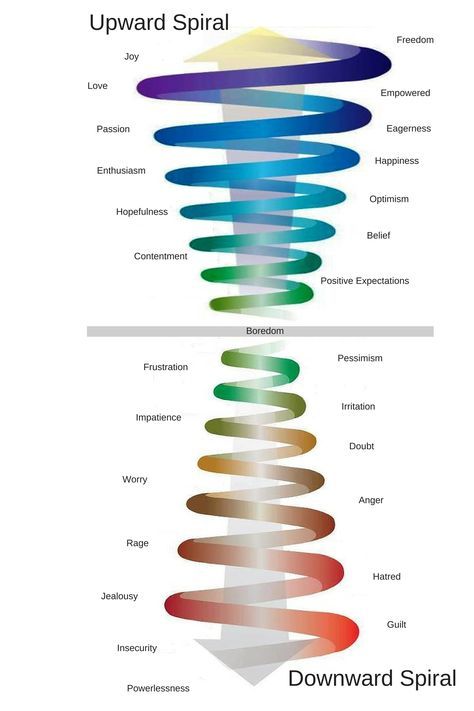
Science then decided we have 27 emotions and created graphs
In recent years, psychologists have tried to identify and categorize these emotions in a way that is considered empirical and universal. However, the number of emotions researchers settle on greatly depends on how specific emotions are defined and the criteria used. For example, in a 2017 study, researchers identified 27 unique emotions.

We even made Emotional Equations
In a world that loves to create linear constructs for energetic frequencies and feelings. We have even gone as far as creating emotional Equations!
Essentially we are trying to use our rational mind to mentally understand "the feeling" brain and emotions.
Perhaps "the HEART has reasons, for which the MIND will never KNOW'
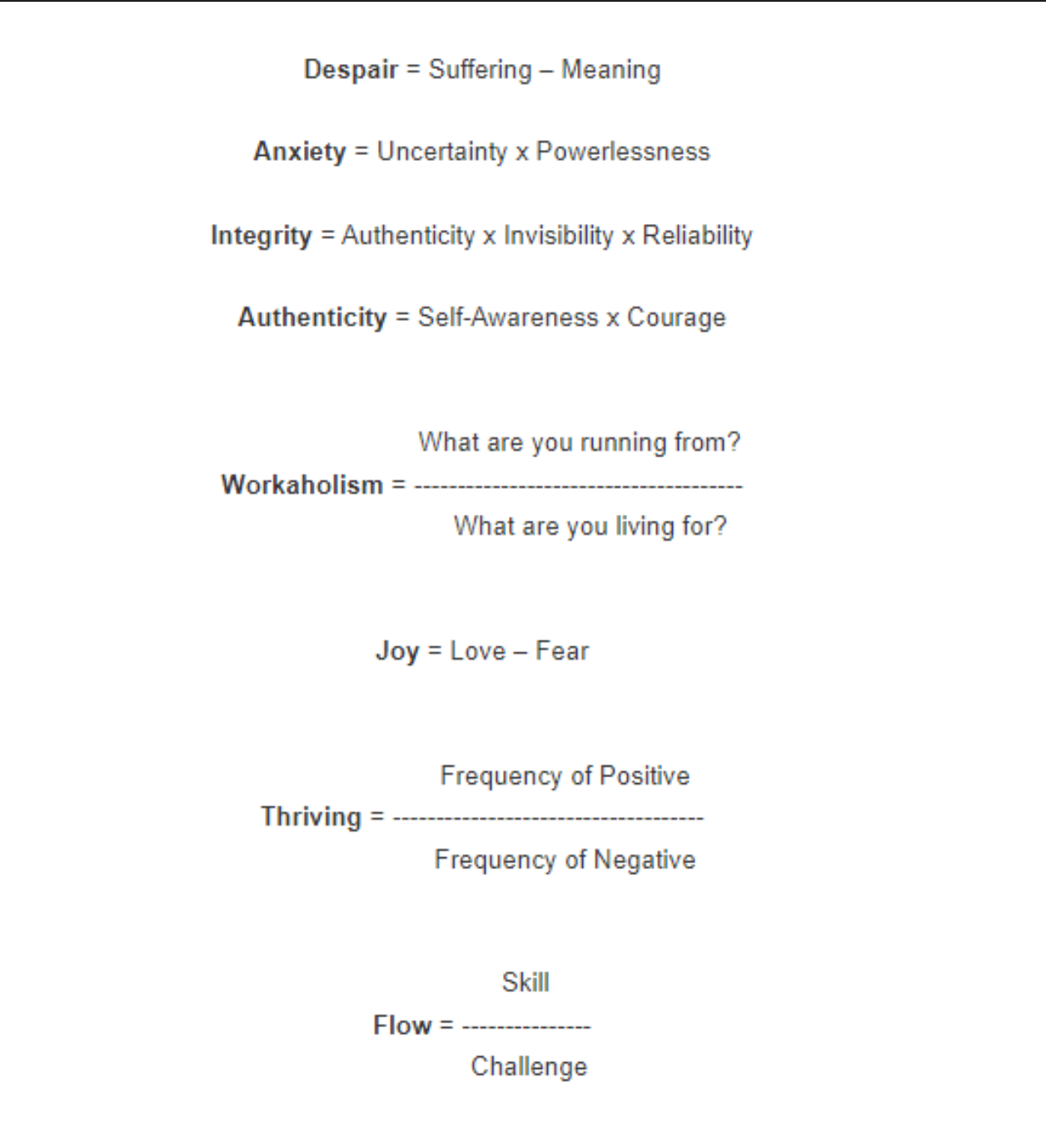
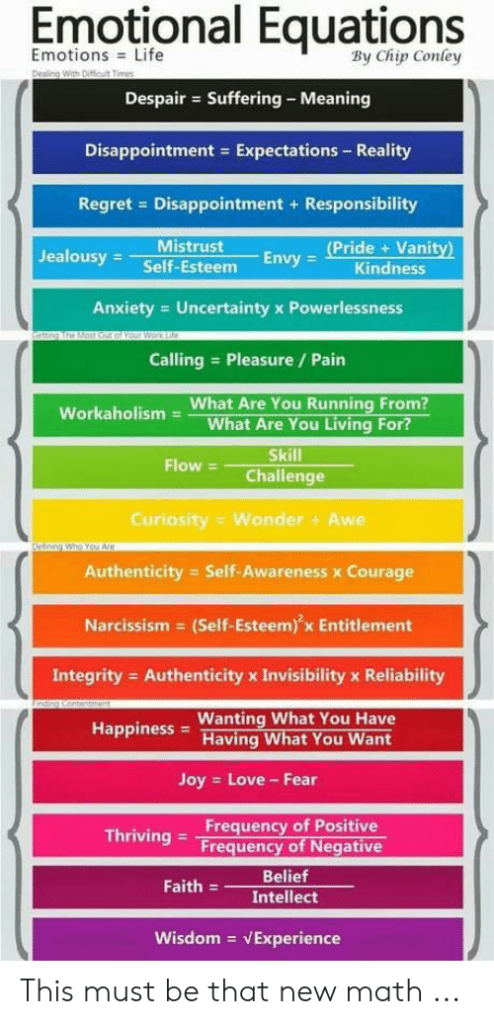
One thing was clear amongst it all. Love was the highest vibe. So then we decided to break down love into more parts.....
Is Love Biological or Cultural?
Some researchers suggest that love is a basic human emotion just like happiness or anger, while others believe that it is a cultural phenomenon that arises partly due to social pressures and expectations.
Research has found that romantic love exists in all cultures, which suggests that love has a strong biological component. It is a part of human nature to seek out and find love. However, culture can significantly affect how individuals think about, experience, and display romantic love.
Let's explore that question below.... (by the way, we don't know, short answer)
5 Types of Love - Lab love by scientists
Not all forms of love are the same, and psychologists have identified a number of different types of love that people may experience.1 These types of love include:
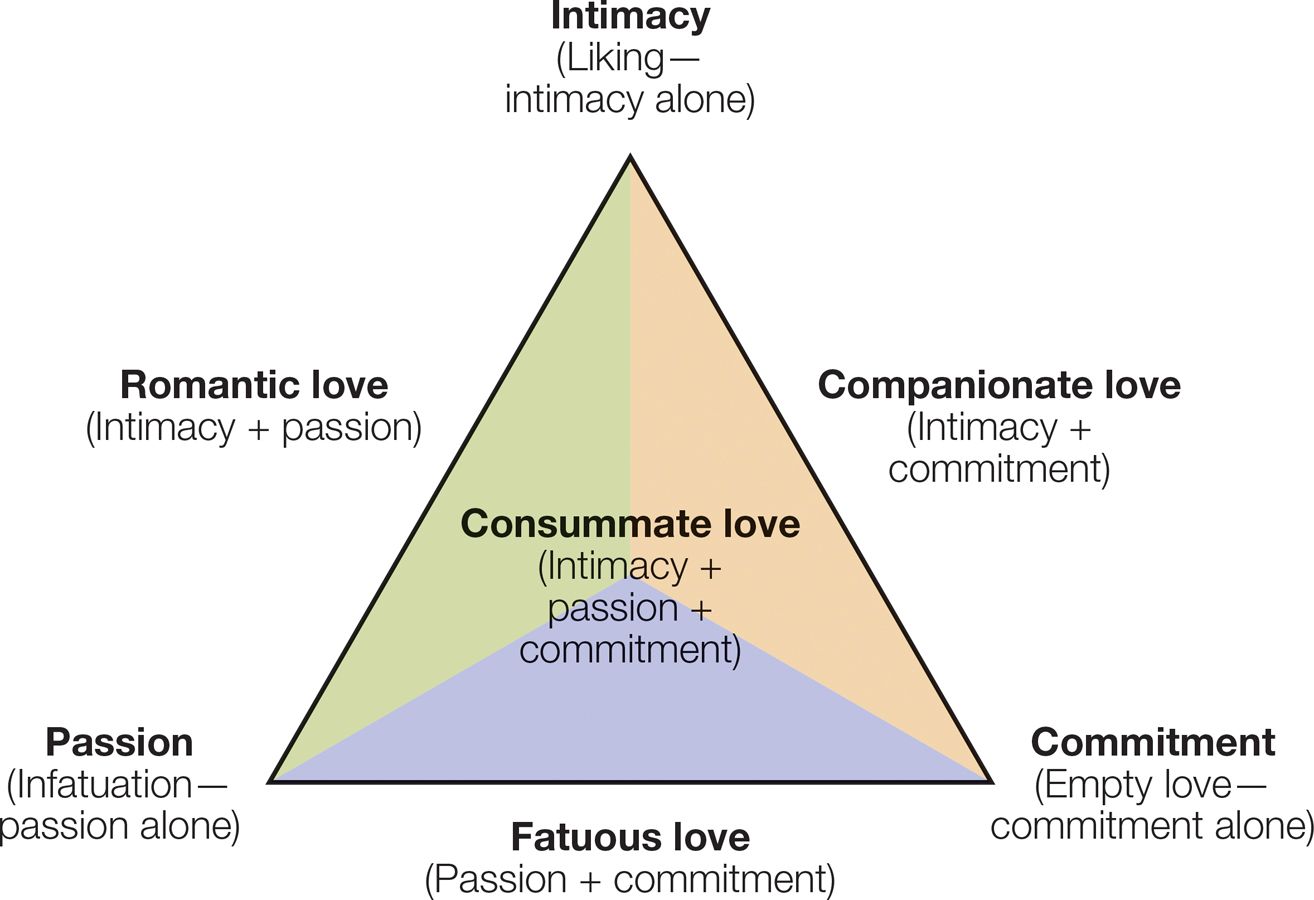
- Friendship: This type of love involves liking someone and sharing a certain degree of intimacy.
- Infatuation: This is a form of love that often involves intense feelings of attraction without a sense of commitment; it often takes place early in a relationship and may deepen into a more lasting love.
- Passionate love: This type of love is marked by intense feelings of longing and attraction; it often involves an idealization of the other person and a need to maintain constant physical closeness.
- Compassionate/companionate love: This form of love is marked by trust, affection, intimacy, and commitment.
- Unrequited love: This form of love happens when one person loves another who does not return those feelings.
9 Types of Love from Ancient Greece
It goes without saying that the love you feel for a friend, family member, or romantic partner is all distinctly different things. In fact, there are so many variants that make "love" what it is, the word itself almost doesn't cut it. That's why the Greeks came up with eight different words for the many types of love we commonly experience throughout our lifetime. Here's what they're all about, plus how to know which one(s) you're feeling.
The question of what it means to love someone has been the inspiration behind so many songs for a reason: It's a very complicated emotion that we all experience differently. Take the five love languages, for example. Everyone has their own way of giving and receiving love, especially with different people.
Below are the nine types of love described in the Greek language and how to navigate each one:
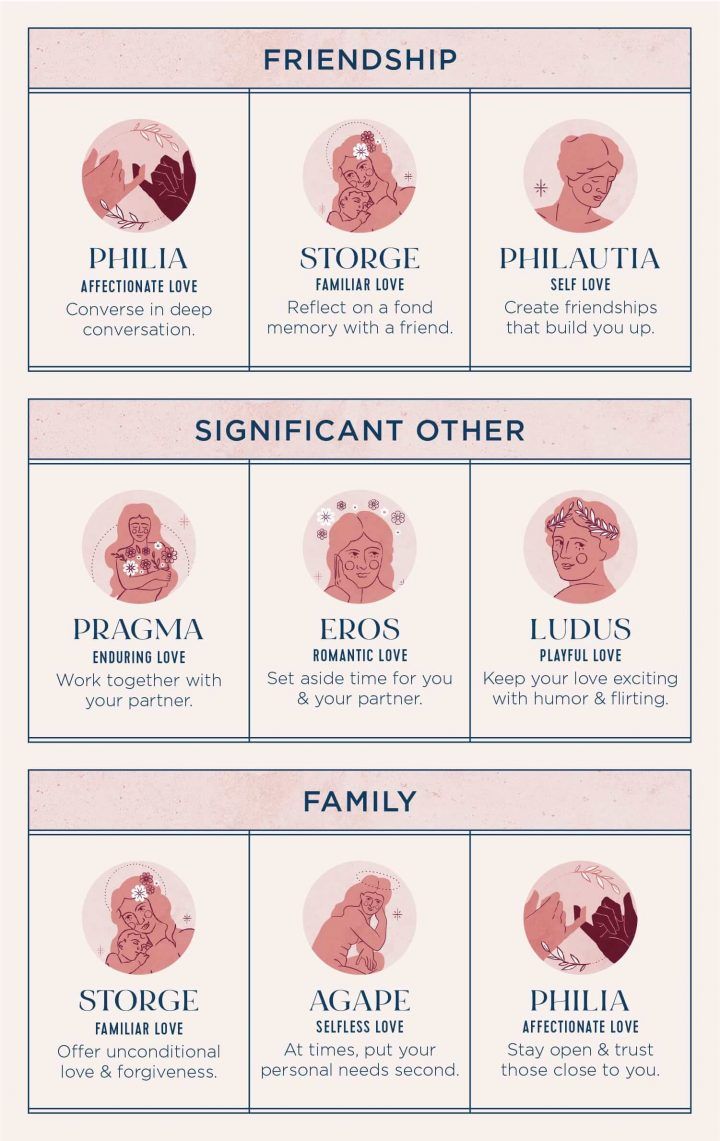
1. Eros (passionate love)
Eros is all about romance, passion, and attraction. It describes the intoxicating and thrilling emotions that the initial stages of a relationship can induce. "Relationships often begin with passion, including infatuation and attraction," marriage therapist Jason B. Whiting, Ph.D., LMFT, "As exciting as this is, it is mostly a fusion element, designed to draw people together."
Hallett adds, "Sexual interest, lust, or passion don't necessarily evolve into lasting compassionate love."
A tip for eros:
Enjoy each other's company and the attraction you feel for each other while it is fresh and new. Over time, this type of love will often transition into another type—or simply fade away.
2. Pragma (enduring love)
Pragma is sometimes translated to practical love, referencing the kind of love grounded in duty, commitment, and practicality. While this might apply well to the type of love that blossoms in an arranged marriage, this is also the love you see in long-standing relationships and life partnerships—like when you see an old couple that's been together for decades and decades. These are couples who find a way to make it work over-time.
Pragma requires a commitment to each other and might be thought of as a conscious choice or perhaps as the type of love that takes years to develop through bonding and shared experiences. Whiting notes: "The brain's response to a cherished long-term partner looks like contentment, caring, and nurturing."
Hallett adds that eros can develop into pragma, and, in fact, many romantic relationships involve both: "Strong romantic relationships involve a combination of passionate love and compassionate love, which promotes an enduring and positive relationship."
A tip for pragma:
The initial rush of attraction when you first meet someone, according to Hallett, "frequently stabilizes over time, which may lead people to feel that their partner 'doesn't love' them as much. To counter this, partners can work together to communicate honestly, to recognize the deeper feelings of connection and compassionate love."
3. Ludus (playful love)
Ludus is very flirtatious and fun, without the strings that come with eros or pragma. It can be seen in the very early stages of relationships when two people are flirting, courting each other, and crushing on each other. It often involves laughing, teasing, and feeling giddy around a person. It's very childlike in that way, though it can certainly evolve.
A tip for ludus:
Remember that all your crushes don't need to "get serious" or pan out into full-blown relationships. Sometimes there's great joy and pleasure in just enjoying the flirtation and the will-we-or-won't-we game.
4. Agape (universal love)
Agape is selfless love, like the kind you might associate with saintly figures like Mother Teresa or activists like Malala. Hallett describes this love as a compassionate love for everyone, also known as universal loving-kindness. It's the love you feel for all living things without question, that you extend knowingly without expectations for anything in return.
It's very pure and conscious love. It's similar to what we sometimes refer to as unconditional love.
A tip for agape:
Feeling that agape flowing through your veins? Practice a loving-kindness meditation, and lean into work that allows you to give back and help others.
5. Philia (deep friendship)
Philia is the love that develops over a deep, long-lasting friendship. It's platonic, but nevertheless, you feel very close to those you have philia toward and can confide in them, trust them, and respect them on a very personal level. And according to Hallett, these friendships can be just as impactful as romantic relationships. "People may be surprised by the depth of pain and loss related to a long-standing friendship," she says. "Often the loss or 'breakup' of a friendship is as painful and challenging as the loss of a romantic relationship."
A tip for philia:
Spend quality time with your closest friends, and get vulnerable in a way you might not usually, by letting them know how much they mean to you.
6. Philautia (self-love)
Philautia has actually been having a bit of a moment lately—and rightly so! This love is all about self-love and self-compassion. It may seem obvious, but the relationship we have with ourselves is very important, and yes, it needs to be nurtured. Philautia is important for our own confidence and self-esteem, and it will also influence how we interact with the world. More love of self equals more love to offer. You can't pour from an empty cup, after all.
A tip for philautia:
Pamper yourself with your favorite self-care activities, create a self-love ritual—literally anything you can give to yourself that makes you feel good, do it! (Here are some tangible ways to practice self-love.)
7. Storge (familial love)
Storge is the love shared between family members (typically immediate family), and sometimes close family friends or friends from childhood. It differs from philia in the way that it's reinforced by blood, early memories, and familiarity. There's a reason people say "friends are the family you choose." You don't choose your family, and whether they actually like your family members or not, many people often do love them instinctually. Storge is compassionate, protective, and deeply rooted in memory.
A tip for storge:
Work to strengthen your relationship with family members and forgive any past grievances.
8. Mania (obsessive love)
While some might argue this isn't really "love," the Greeks did have a word for "obsessive" love, and that's mania. This is what we would describe as a toxic relationship or codependent relationship, where there's usually some imbalance of affection causing one person to become overly attached. It can be hard to come back from mania, but if you can, there will need to be a healthier balance of affection.
A tip for mania:
Notice any patterns of possessive or codependent behavior and ask yourself what's causing these feelings of insecurity and clinging. Let your partner know you're struggling with it and try to pinpoint what needs to change. (Here's more on how to stop being codependent.)
How Do You Know - Love, lust, or like?
What are some of the signs of love? Researchers have made distinctions between feelings of "liking" and "loving" another person. According to psychologist Zick Rubin, romantic love is made up of three elements:3
- Attachment: Needing to be with another person and desiring physical contact and approval
- Caring: Valuing the other person's happiness and needs as much as your own
- Intimacy: Sharing private thoughts, feelings, and desires with the other person
Based on this view of romantic love, Rubin developed two questionnaires to measure these variables, known as Rubin's Scales of Liking and Loving. While people tend to view people they like as pleasant, love is marked by being devoted, possessive, and confiding in one another.
The Difference Between Liking and Loving
How can I tell which type of love I have?
Knowing what type of love you're experiencing usually involves some level of self-awareness about the nature of your feelings toward a person. Be honest with yourself: Is it romantic, selfless, friendly, or playful? Another way to tell which kind of love you're experiencing is to consider how long you've known each other.
"Generally speaking," Hallett says,
"When we feel a strong, positive connection to someone and find ourselves caring about their well-being and supporting them through our actions, this is compassionate love, and likely involving elements the Greeks referred to as philia, Ludus, and agape."
Importantly, you can absolutely feel a combination of different loves for different people.
Some common combos are:
- Eros and pragma
- Ludus and eros
- Philia and agape
- Philautia and agape
- Mania and eros
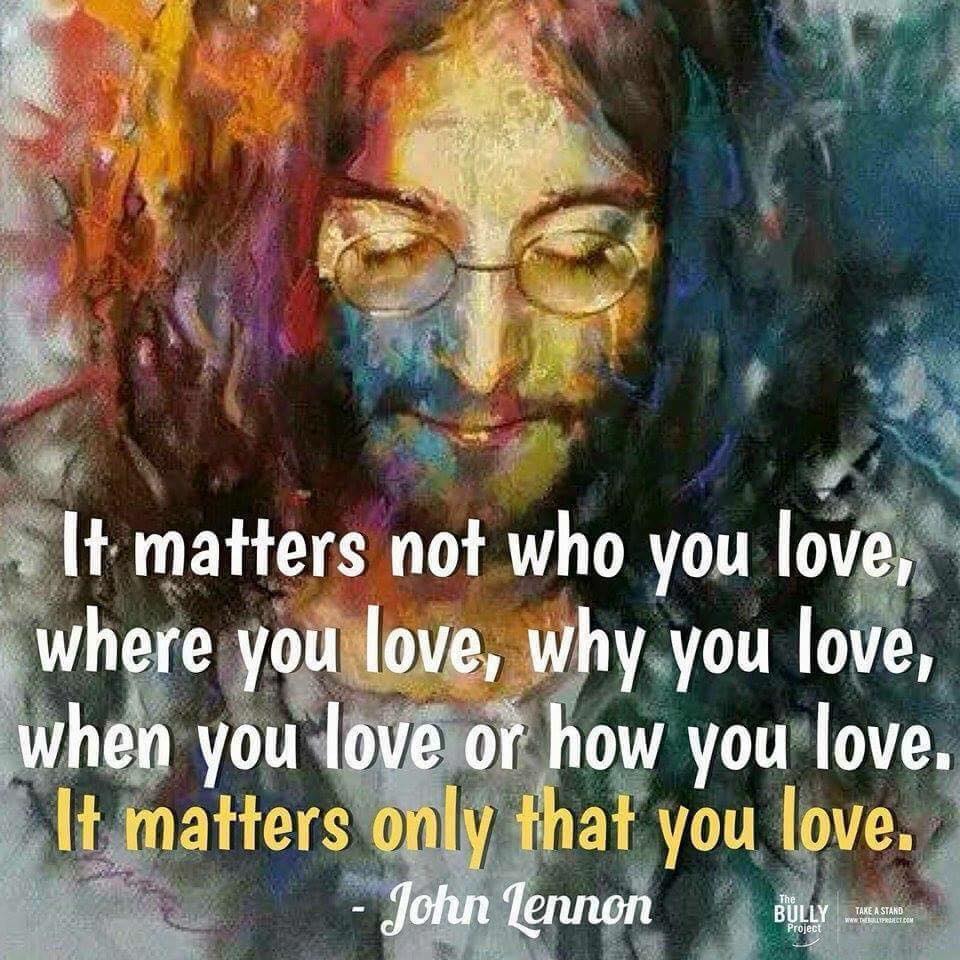

Impact of Love
What we do know and must focus on. Are that Love, attachment, and affection have an important impact on well-being and quality of life. Loving relationships have been linked to:
- Lower risk of heart disease
- Decreased risk of dying after a heart attack
- Better health habits
- Increased longevity
- Lower stress levels
- Less depression
- Lower risk of diabetes
3 Tips for Cultivating Love
Lasting relationships are marked by deep levels of trust, commitment, and intimacy. Some things that you can do to help cultivate loving relationships include:
- Try loving-kindness meditation. Loving-kindness meditation (LKM) is a technique often used to promote self-acceptance and reduce stress, but it has also been shown to promote a variety of positive emotions and improve interpersonal relationships.8 LKM involves meditating while thinking about a person you love or care about, concentrating on warm feelings and your desire for their well-being and happiness.
- Communicate. Everyone's needs are different. The best way to ensure that your needs and your loved one's needs are met is to talk about them. Helping another person feel loved involves communicating that love to them through words and deeds. Some ways to do this include showing that you care, making them feel special, telling them they are loved, and doing things for them.
- Tackle conflict in a healthy way. Never arguing is not necessarily a sign of a healthy relationship—more often than not, it means that people are avoiding an issue rather than discussing it. Rather than avoid conflict, focus on hashing out issues in ways that are healthy in order to move a relationship forward in a positive way.
8 things that love is NOT
We don't know what love is, but we know what it is not
- Lying to someone, lying to ourselves, and doing things behind their back is not love. Transparency and honesty are love. If we find someone that can love us in our heights and our depths, take note.
- Leaving someone you love when things get difficult, or conflict arises, is not love. Standing by each other in every season, self-regulating, breathing in, breathing out, having time alone, and communicating with love over fear is love. We can't say the wrong thing to the right people. Note who stays, even when we try to push them away out of fear.
- Saying "something" and not backing it up with aligned action is not love. Doing what we say, saying what we mean, showing up, and aligning our thoughts, feelings, and actions is love. Silent treatment, avoidance and cancel culture is not love. Note who keeps their word and promises that were once made we conditions were favorable. If they can hold this line in the storms of life, know it's something rare.
- Not checking up on someone you love, because you are "busy", distracted, or have priorities elsewhere is not love. It's conditional. Love has no boundaries or conditions. It just is. Note who keeps their heart open, and stands bare, trusting that you will respect their heart in the same way they respect yours. One day we will stop fighting and stand in the same unconditional love.
- Controlling someone's life is not love. Love is not manipulation. Love is holding on, letting go, setting free, and being loved in any moment, knowing that my mirror is a reflection of the love I hold within. Love is universal, irrespective of where we or others bounce in life, even between the extremes of pleasure and pain. Note who sets us free, knowing that love and life are like rivers flowing independently. Understanding that in order to become whole, to heal, to grow, to evolve, we need to flow alone following our unique path. True love embodies this and practices deep trust in the unknown. Letting us know that the love is always here and that will never change. As we come home to ourselves (our heart and love for ourselves), we will see that home in others.
- Telling someone they "deserve better" and giving up on them is not love. It's ok to be scared of true love, it's soulful, it's from the heart, and it defies the logic of the mind and the external reality (physical). If you find this "rare" love, it's often foreign, which means we will love the idea of someone, but lack the capacity to hold it, receive it, or reciprocate love. So we push it away. Love is healing ourselves so that we don't push away the very people the universe sent our way to love us right. In every moment, thought, feeling, and season.
- Sending mixed signals and playing mind games with people's hearts is not love. It's a reflection of our own inner world. Hot and cold, in and out. If someone can hold love for us in these moments, accept all of us, show up even when it's inconvenient, and set us free with love. Then take note, these people truly love us as we are. When we allow ourselves to receive this love, we become it too.
- Acting passive and cold in order to attract someone is not love. The scared person is living in fear, anxious about losing love. The avoidant person is scared to live in love. Love fully friends or not at all.
SUMMARY
There's no shortage of definitions and versions of love, with everyone experiencing their own combination of types with all their loved ones.
"There are many versions of attraction that draw people together, especially in intimate relationships, but for a long-lasting relationship, it is important to have both passion and friendship," Whiting noted. "In the brain, these two states light up in different but overlapping areas."
No matter who or how you're loving, giving and receiving love is one of life's greatest joys, and understanding what we're feeling for the people in our lives can help us nurture our relationships to be the most fulfilling they can be.
"If someone truly loves us, they would never want us to be the same person we were when we met. They want us to keep our core values, our principles, and our essence. They won't fear our growth, our shadows, our perceived imperfections, or past experiences "traumas". Their love will simply hold space, be a mirror and celebrate us, as we blossom and bloom in the way that nature always intended. Their love will be our healing, not our pain. Their love will be a reflection of the deepest part of our hearts and souls, that we may not yet see, accept, be willing to face or receive".
"Everyone talks about letting go, but we also need to learn how to sustain, repair, love, and not leave when life gets complicated". Love is having no walls up, love is holding on, love is letting go, love is letting be, love is setting free, love is deep trust, love is the ultimate truth, love is honesty and transparency, love is healthy conflict, love is peace. Love is apologizing, and forgiving. Love is choosing to have the courage to overcome fear over and over again. Love is communicated in feelings, thoughts, and aligned actions. Love is a feeling, yes. But life long love is a choice, made over and over again.
CALL TO ACTION
1. What is your primary love language?
Take this quiz to discover your primary love language, what it means, and how you can use it to better connect with your loved ones. When you are finished, you may print, share, or save your results for future reference - they will not be saved automatically.

2. Share 3 ways/examples of how you feel loved
- ......
- .....
- .....

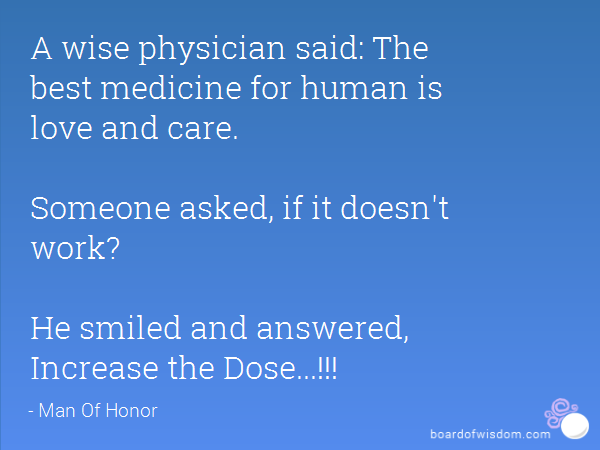
3. What is your partner's primary love language?
Share 3 ways that you can show love in a way that they are willing to receive it
- ......
- .....
- .....
How to Practice Love
There is no single way to practice love. Every relationship is unique, and each person brings their own history and needs. Some things that you can do to show love to the people you care about include:
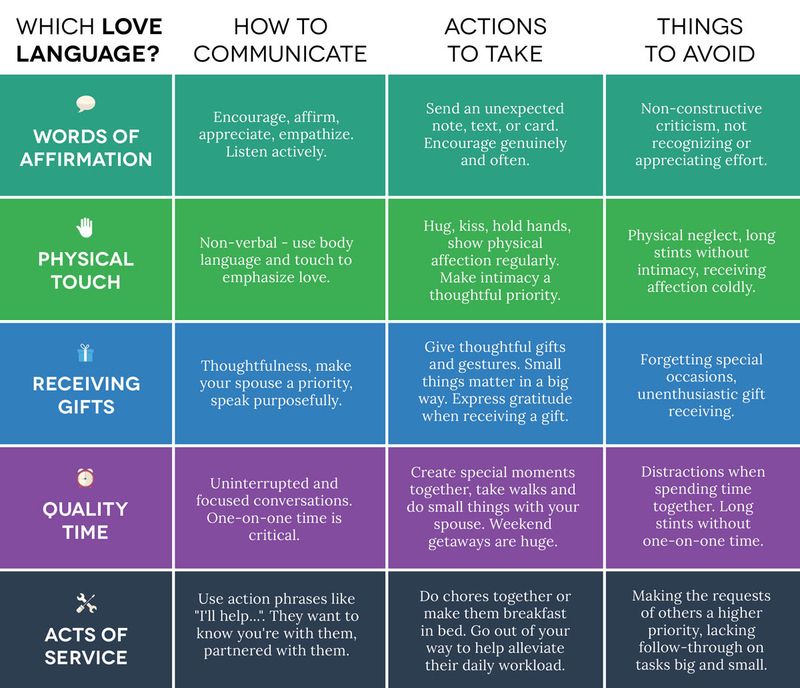
- Be willing to be vulnerable
- Be willing to forgive
- Do your best and be willing to apologize when you make mistakes
- Let them know that you care. Patterns of behviour.
- Listen to what they have to say
- Prioritize spending time with the other person
- Reciprocate loving gestures and acts of kindness
- Recognize and acknowledge their good qualities
- Share things about yourself
- Show affection
- Show unconditional love (absence of judgment) Does Unconditional Love Make Healthy Relationships?
EXTRA HOMEWORK
FOR ANYONE THAT FINDS THEMSELVES BELOW THE LINE... (i've been here too, its normal)
If you are operating below the line...... It might be taking these quizzes too. To see how you can move back above the line.
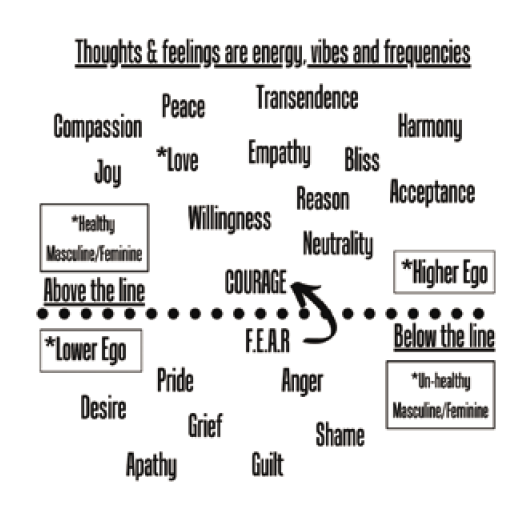
What's your Apology language?
Just as our preferred Love Languages differ, each one of us has a preferred Apology Language that may differ from the people we love. This quiz will help you learn your Primary Apology Language so that you can better understand how to heal hurt in your relationships.
When you are finished, you may print, share, or save your results for future reference - they will not be saved automatically.
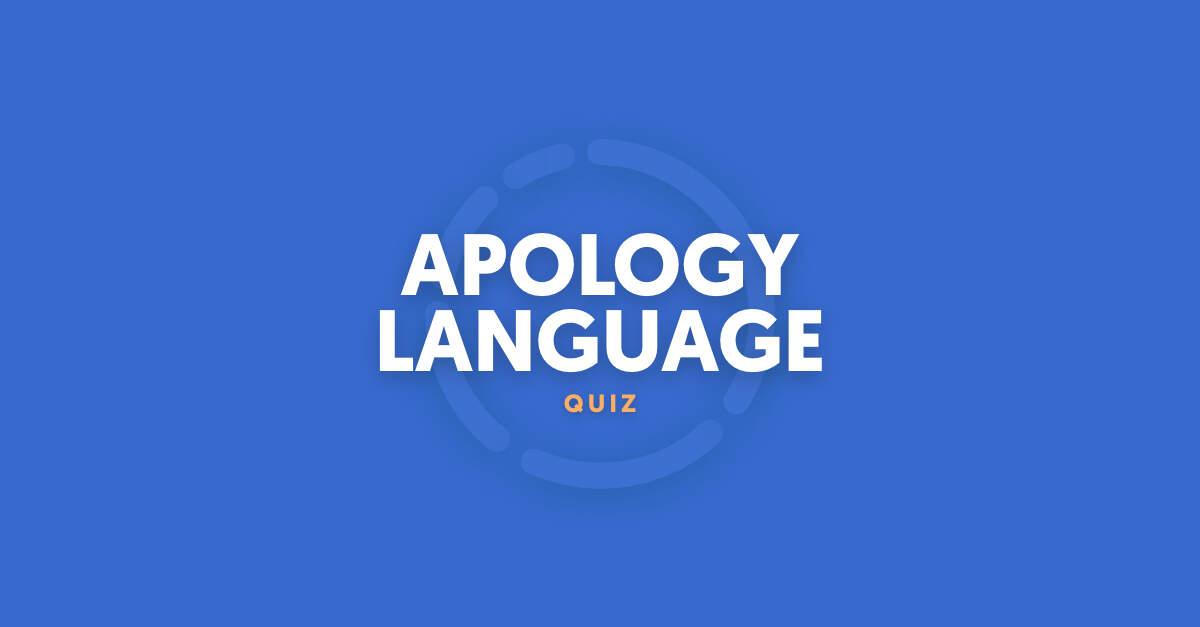
Are you handling your anger, or is your anger handling you?
Take this quiz to help you understand how you manage your anger and how you might better use anger to promote positive change in your life and relationships.
Read each of the twelve hypothetical scenarios and select the statement that most closely matches your response to the situation. When you are finished, you may print, share, or save your results for future reference - they will not be saved automatically.
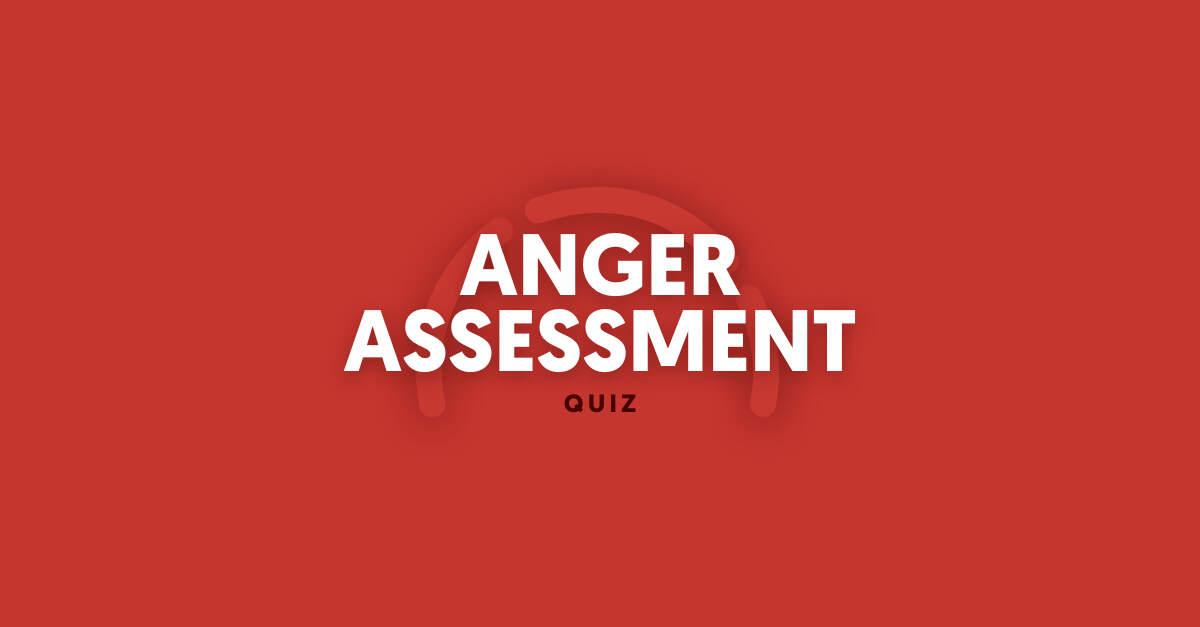
REFERENCES
With all our REFERENCES We have done our best to reference everyone’s expert opinions, peer-reviewed science, and original thoughts, HIGHLIGHTED IN THE TEXT. So that you can go direct to the source as you read.
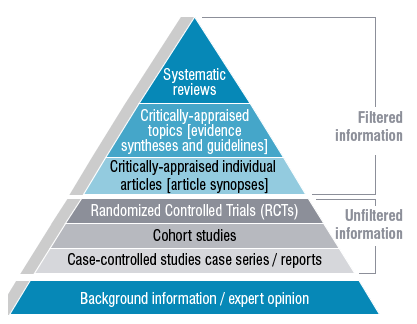
Here are is our referencing process
Here are the 8 points of reference that we consider with each article. We consider what is known, unknown, nature, your innate wisdom, science, ancient wisdom, evidence-based practice, the hierarchy of evidence, and even the energetic laws that we are yet to understand or quantify.


